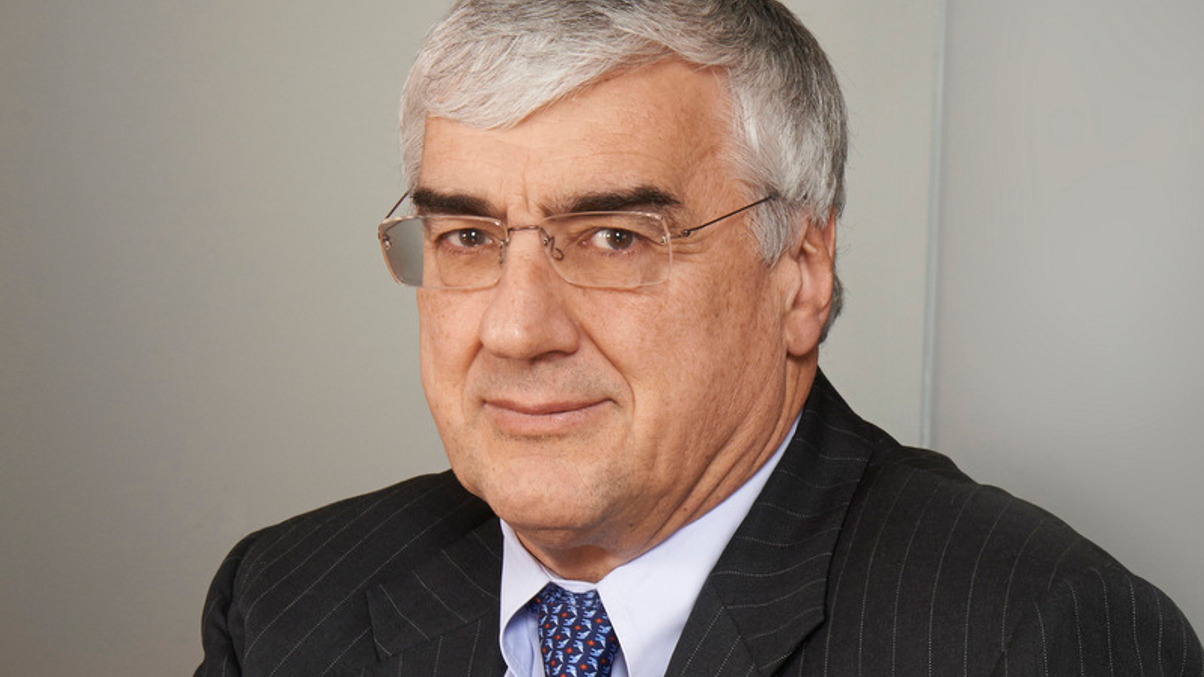Volatility to spread from Asia to globe: CQS
The UK hedge fund’s CEO, Michael Hintze, expects to see opportunities emerge from sharper asset price swings. But he also raises concerns about electronic trading activity.

Volatility is likely to rise again on a global basis, and that will provide investment opportunities, argues Michael Hintze, chief executive of UK hedge fund CQS.
Sign in to read on!
Registered users get 2 free articles in 30 days.
Subscribers have full unlimited access to AsianInvestor
Not signed up? New users get 2 free articles per month, plus a 7-day unlimited free trial.
¬ Haymarket Media Limited. All rights reserved.


